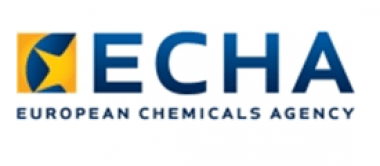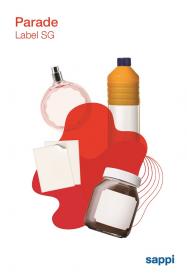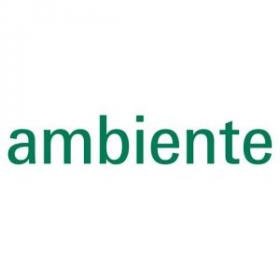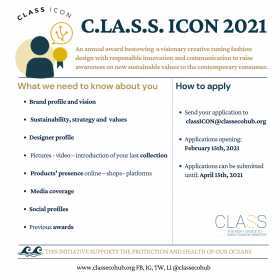SHIMA SEIKI at A+A 2023
SHIMA SEIKI MFG., LTD. of Wakayama, Japan will participate in the A+A 2023—Safety, Security and Health at Work International Trade Fair in Düsseldorf, Germany (24th-27th October 2023). On display will be the company's latest safety-related technology through its new SPG®-R pile glove knitting machine and the prototype SFG®-R next-generation glove knitting machine. Each of these machines drew attention at SHIMA SEIKI's booth at the International Textile Machinery (ITMA 2023) Exhibition in Milan.
SHIMA SEIKI's original SPG®, developed in 1979 as the world’s first automatic glove knitting machine to produce seamless pile-knitted gloves, is now reborn as a next-generation model. Pile gloves feature special traits that include cushioning, shock-reduction and thermal insulation and cold protection, making them popular especially in the field of industrial safety. Now, SPG® is redesigned from the ground up and re-introduced as the SPG®-R. The new SPG®-R features a new moveable sinker system with selectable loop presser function. Combined with a new belt-driven carriage it allows SPG® to provide efficient and reliable production of fashionable, high-quality pile gloves. Shown in 7 gauge at A+A, SPG®-R surpasses the previous generation with pioneering technology, improved capability and reliable productivity.
SHIMA SEIKI's original product on which the company was founded was the fully automated seamless glove knitting machine. While the original model evolved to become the current SFG® series, SFG®-R exhibited at A+A is its spiritual successor. With a new sinker system, a belt-driven 2-cam carriage and auto yarn carriers SFG®-R is a completely new machine for knitting gloves that conform better to the shape of the hand for improved fit. Furthermore its greater design potential offers users the opportunity to break out of the work glove market and into the fashion market. SFG®-R is shown as a prototype next-generation model in 12 gauge at A+A.
Also demonstrated will be SHIMA SEIKI's APEXFiz® design software. The importance of design software is made even more significant by the new patterning capabilities of SPG®-R and SFG®-R. Both machines now feature increased design potential that allow each of their products—pile gloves and work gloves, respectively—to expand their market into fashion. APEXFiz® is available for developing these designs. Furthermore virtual sampling on APEXFiz® is especially effective in streamlining the production process. Ultra-realistic simulation capability allows the use of virtual samples for evaluating design variations without producing actual samples for each variation, thereby minimizing the time, cost and resources normally required with sample-making, supporting smart, speedy and sustainable production.
SHIMA SEIKI MFG., LTD.























